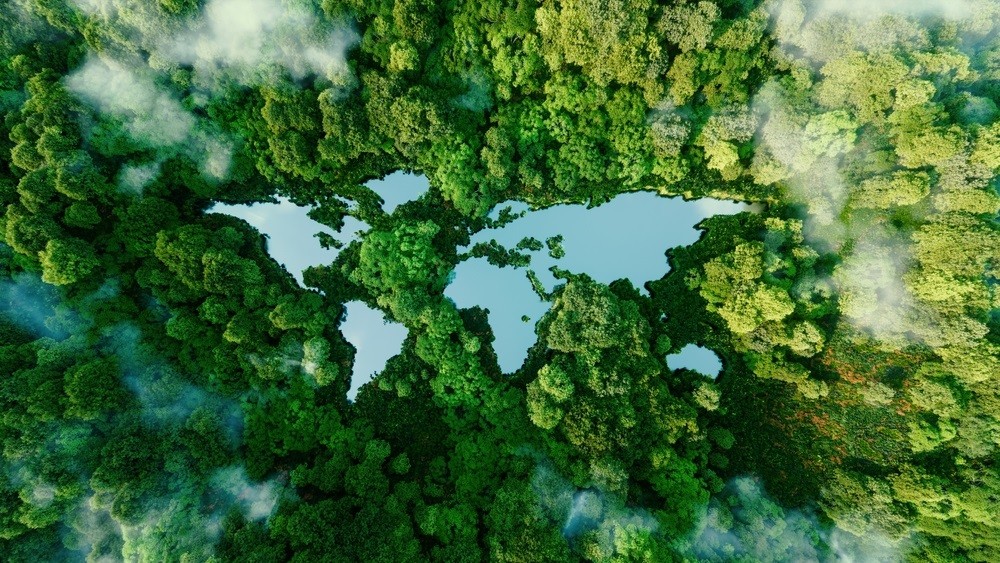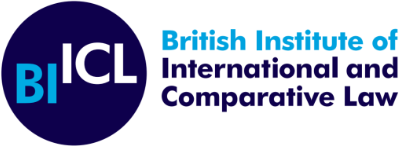
2. Procedures and Evidence
A. Actors Involved
4. SOURCES OF LAW
The actors involved in corporate climate and environmental litigation in the 17 focus countries depend on legislative provisions and procedures such as standing, causation, and evidence (see sections on Procedure and Evidence, and Standing). Legislative and Constitutional Provisions with flexible rules on standing allow a wide range of actors to bring claims. As such, countries such as India, Kenya, Nigeria, the Philippines, Australia, Canada, United States have flexible rules on standing and third parties can intervene at the court's discretion.
Specific Provisions for Third-party Interventions:
Brazil: Article 138 of the Civil Procedure Code.
France: NGOs and municipal entities, with individual claimants also playing a significant role. These parties have standing under the French Code of Civil Procedure and the Civil Code (Art. 1248).
Germany: Any natural or legal person with the capacity to sue, as per Section 50(1) of the German Code of Civil Procedure (ZPO), can initiate legal proceedings. Section 72 ZPO, i.e. civil procedure, follows the two-party principle, allowing limited scope for third-party intervention.
Italy: Environmental associations recognised under Law No. 349/86 have special standing in environmental lawsuits and can appeal to administrative courts for the annulment of unlawful acts.
Kenya: Supreme Court Rules 2022 allow for amicus curiae based on expertise, independence, and public interest considerations.
Netherlands: Article 6:217 of the Dutch Civil Code allows third parties with a vested interest in a case to request intervention or joinder.
Norway: Dispute Act, specifically Section 15-7 and Section 15-8, which allow for written interventions as "amicus curiae." The concept of "real need" for locus standi in civil court cases, as described in Section 1.3, emphasises the necessity for a genuine connection to the claim, ensuring that interventions are relevant and substantiated.
Poland: As per Articles 8, 61, 62, and 323 § 2 of the Polish Code of Civil Procedure and the EPLA, these organisations can bring lawsuits, join individual claims, or submit opinions to the court. While not exactly classified as secondary intervenors, their participation is crucial in representing public interest and environmental protection.
